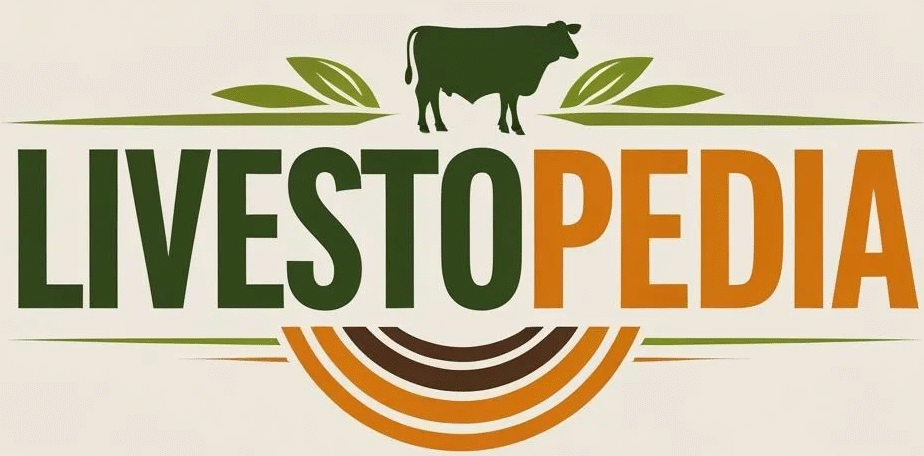The finishing stage is the final phase of turkey production, where diet adjustments are made to maximize carcass weight, meat quality, and overall market appeal.
This period usually begins around 16 weeks for commercial breeds and 20–24 weeks for slower-growing heritage turkeys, lasting until the birds reach processing weight.
While earlier feeding stages focus heavily on rapid muscle development, finishing diets prioritize balanced energy, optimal fat coverage, and flavor enhancement.
A well-formulated finishing feed typically contains 16–18% protein, lower than grower diets, but with increased energy from grains such as corn, wheat, or sorghum.
The reduced protein level slows excessive lean muscle deposition, allowing the bird to develop a modest fat layer that improves tenderness and juiciness.
Energy-rich diets during this stage also enhance skin color, which is an important market quality factor, particularly in fresh retail sales.
Finishing rations should still supply adequate vitamins and minerals to maintain bird health until processing. Vitamins A and E are crucial for meat quality, as they support immune function and reduce oxidative stress, while balanced calcium and phosphorus levels keep the skeletal system strong enough to support the bird’s weight.
Some farmers also introduce natural supplements, such as oregano oil or probiotics, during finishing to maintain gut health and reduce the need for antibiotics.
Water management during the finishing period is just as important as feed quality. Turkeys that are well-hydrated maintain better feed conversion rates, and access to clean, cool water helps prevent heat stress during the final growth push.
Any decrease in water intake can quickly translate to reduced feed consumption, affecting weight gain.
Feeding frequency can also influence finishing results. While most farmers provide ad libitum feeding throughout the day, some opt for restricted feeding during the hottest hours in warm climates to reduce heat stress.
In cooler regions, continuous access works best, as it allows the birds to maintain steady weight gain right up to processing day.
Finally, maintaining feed freshness is essential. Molds and rancidity in stored feed can cause digestive issues that are particularly costly during the finishing stage, when every day of growth counts toward final market value. Storing feed in dry, rodent-proof bins and producing smaller batches for on-farm mixing ensures the diet retains its full nutritional value.
